Photographer and fisherman Corey Arnold's latest book, Fish-Work, documents life on a crab-fishing boat in Alaska's Bering Sea. It's a captivating look into a world that doesn't often reach the dinner table—a place with staggering natural beauty, giant ocean swells, and half-crazy commercial fishermen pulling traps in one of the most fulfilling and deadliest jobs.
I spoke with Arnold from his home in Portland, Oregon.
GOOD: When did you start fishing and how did you end up working in the Bering Sea?
Corey Arnold: Since I was old enough to walk, I would go sport fishing with my dad in Southern California. After my first year of college, I drove to Alaska with a buddy and we started commercial salmon fishing that summer. A few years later, in 2002, I was in San Francisco after graduating and the dot com boom had crashed, so I went to Seattle and walked docks looking for a high-seas job. I found a job jigging for cod and the owner offered me a job on the F/V Rollo. I was interested in making some money and I ended up going crab fishing. That’s when I decided I was going to get serious about doing a commercial fishing photo project.
GOOD: What's it like to go out on one of these boats?
Arnold: My boat was 107 feet long. It takes about a day each way to reach the crab grounds from Dutch Harbor, Alaska. It can take anywhere from three to eight days to fill the boat with crab. We’d bring live crab back, offload them, and then turn right around and go back out again. Our boat could hold 180,000 pounds of oplilio crab, and 140,000 pounds of King crab, so we would catch massive quantities. They’re really abundant out there.
GOOD: Are you constantly shooting, or are you predominantly pulling in traps and only shooting whenever there's a break in the work?
Arnold: The vast majority time I’m working. I can’t let photography inhibit my job as fishermen. I’d bargain with the other crew. If the weather or the light was perfect, I would ask them, “Do you mind if I shoot for five minutes?” I would run in and put on my gloves. I was shooting in short bursts. There were a lot of amazing moments that I missed, but the advantage is that I’m out there all the time, whereas as a photographer who came up for one week could have a boring trip.
GOOD: So do you eat a lot of fish or crab that you catch yourself? And do you think that's sustainable?
Arnold: I have a chest freezer filled with crab and salmon. Now, I own my own salmon fishing boat. I fish commercially for six weeks in Bristol Bay, Alaska. Salmon is probably the most sustainable wild fishing left in the world. Last year was the seventh most abundant run we’ve ever had. But I actually found the Kvichak River, where I fish now, in 2008 when writer Tim Sohn and I did a story about the proposed Pebble Mine for Outside magazine. The open pit mine would be among the largest in the world and the dam that would hold back its toxic tailings will be larger in mass than the Three Gorges Dam in China. They want to put it at the headwaters of the largest Sockeye salmon producing river system in the world and it’s extremely worrisome. People don’t want a mine in their backyard, but lucky for the mining company, it’s not many people’s backyard, except the fish, the fisherman, and the native Alaskans. There is an urgent need to get the word out about this threat to the rest of the world.
GOOD: Some people think of fishermen as jackasses exploiting the sea and ruining our natural resources. Your photographs show guys horsing around; how do you go about portraying their lives authentically without misrepresenting fishing's toll on the environment?
Arnold: I try to show the fantastic situations that we experience out there. Fishing work in the Bering Sea is rife with supernatural sights, scenes that most people will never experience, unimaginably large waves and incredible characters, some of whom are half-crazy. There’s a lot of humor involved to make the work more fun. But the book’s not really about the environmental issues. And anyway, crab fishing is very low-impact, except for the fuel consumption. We're dropping pots straight to bottom of this vast desert of mud. There's almost zero bycatch. Not all fishermen are to blame for the lack of fish in some oceans, I think it's up to the policy-makers to balance science with local knowledge and set sustainable limits on fishing. I’m hoping my work will lead to discussions and a broader knowledge of where our seafood comes from, so that the consumer can make better choices.






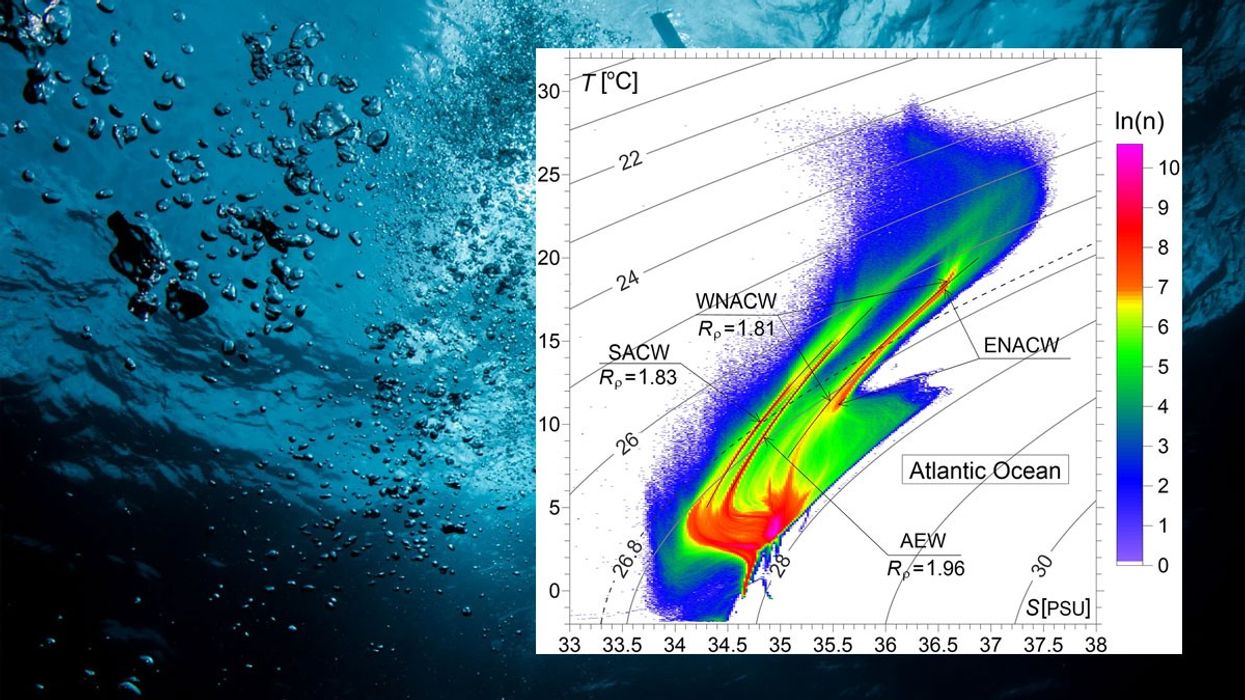

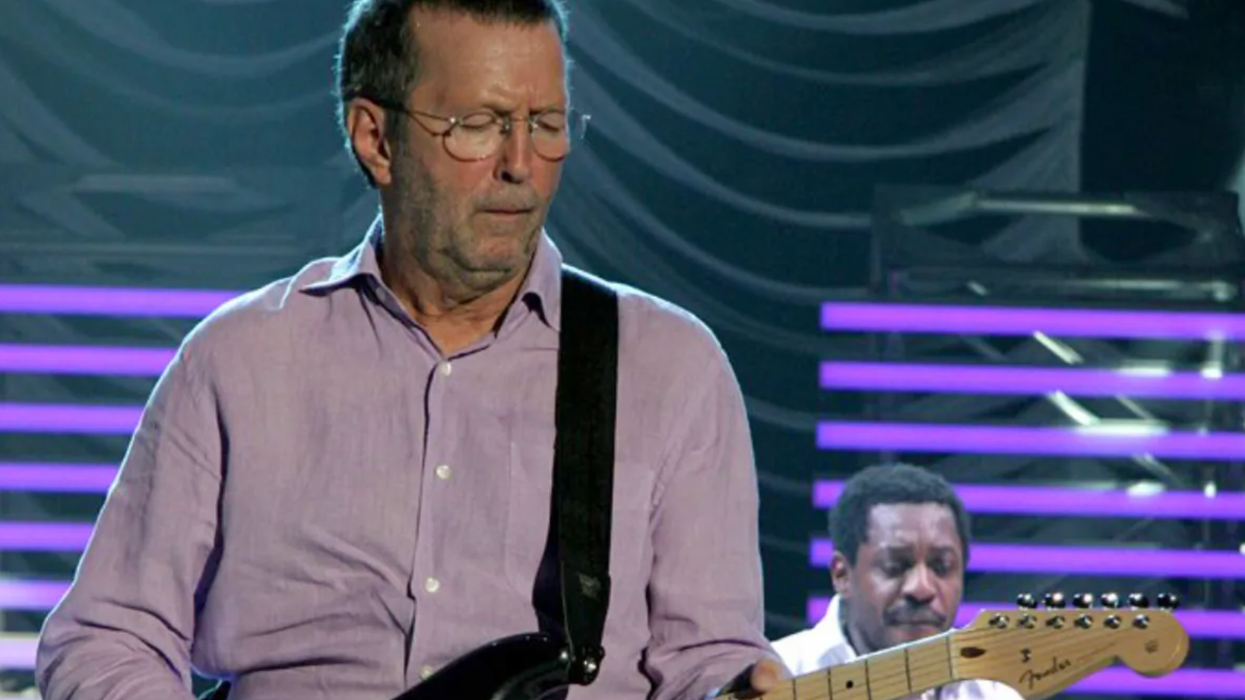

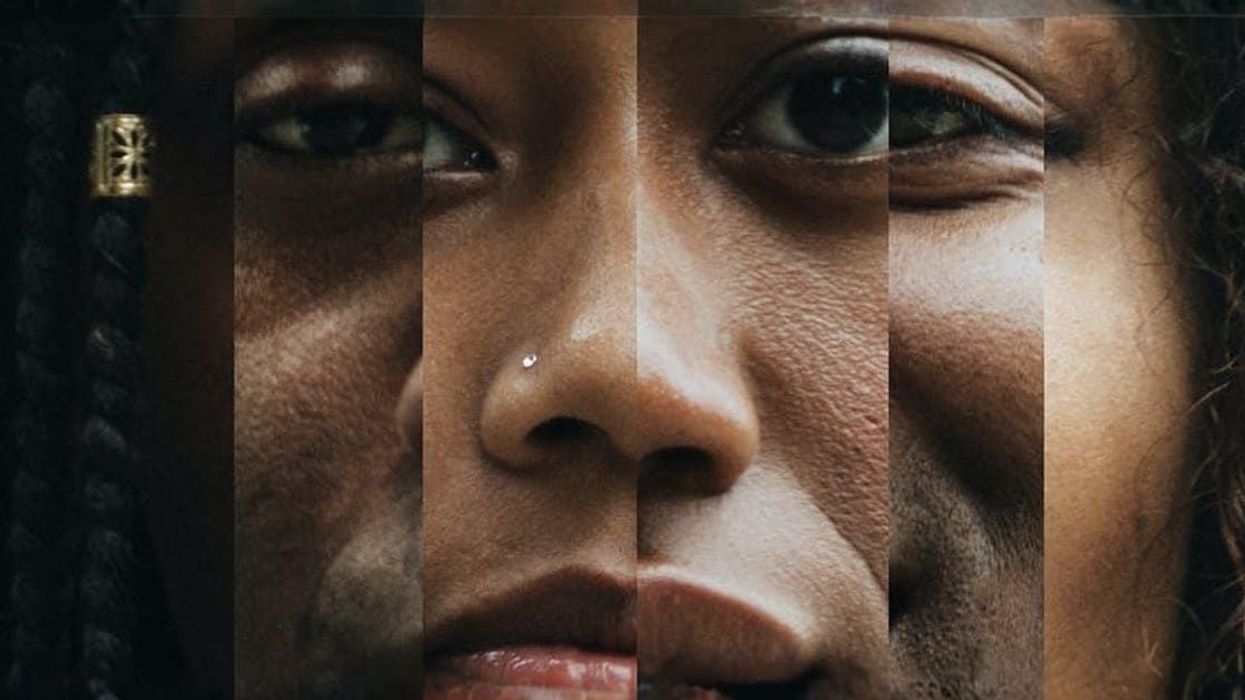

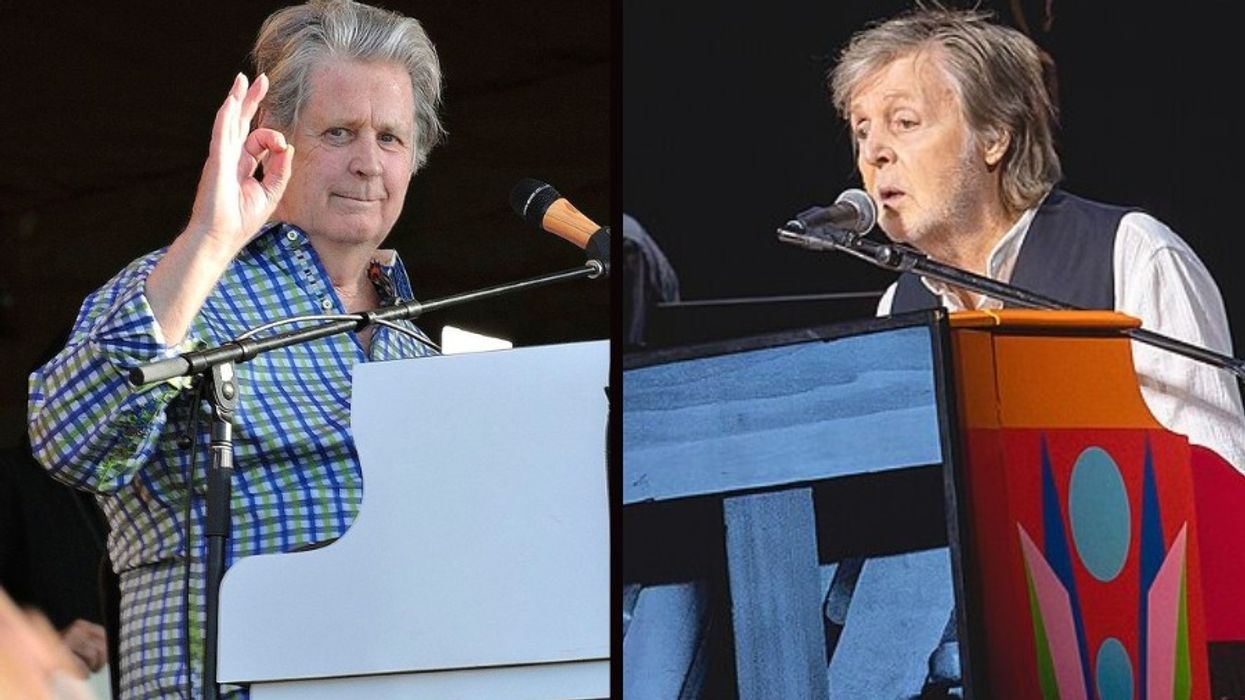

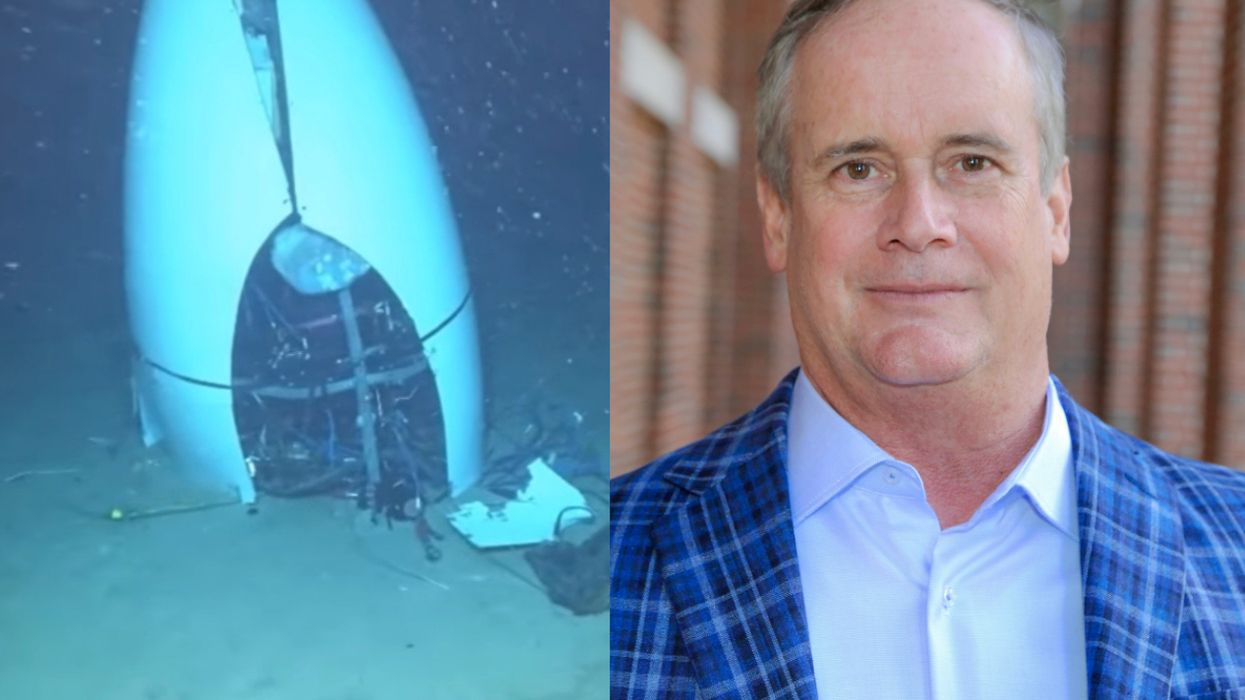
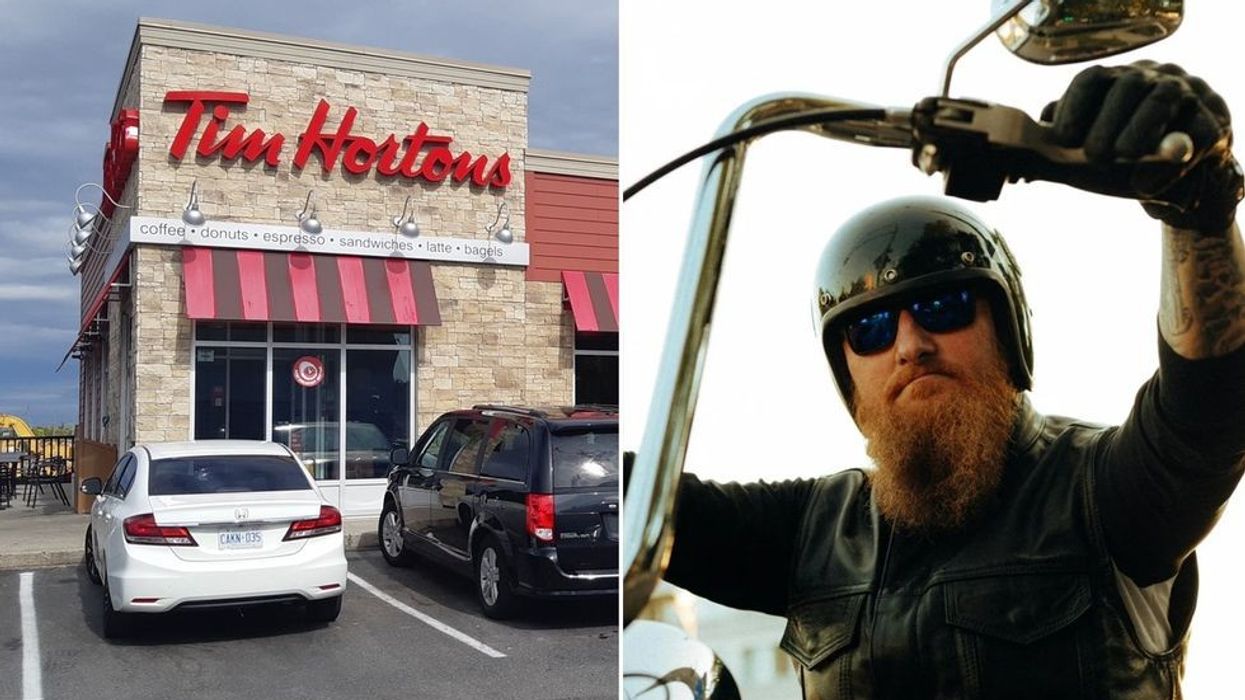
 A biker rests on his Harley DavidsonCanva
A biker rests on his Harley DavidsonCanva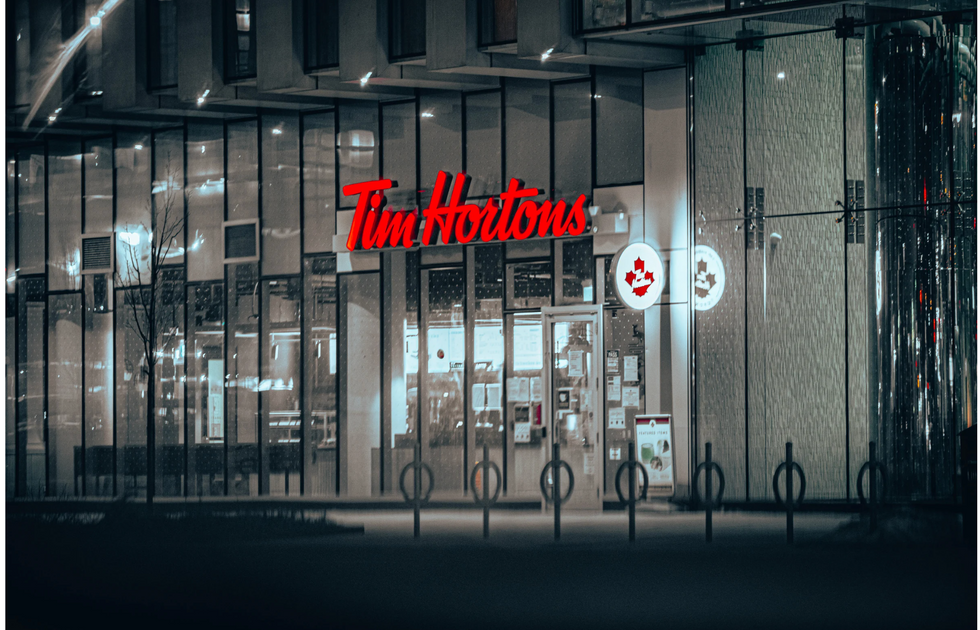 A Tom Hortons restaurant in CanadaCanva
A Tom Hortons restaurant in CanadaCanva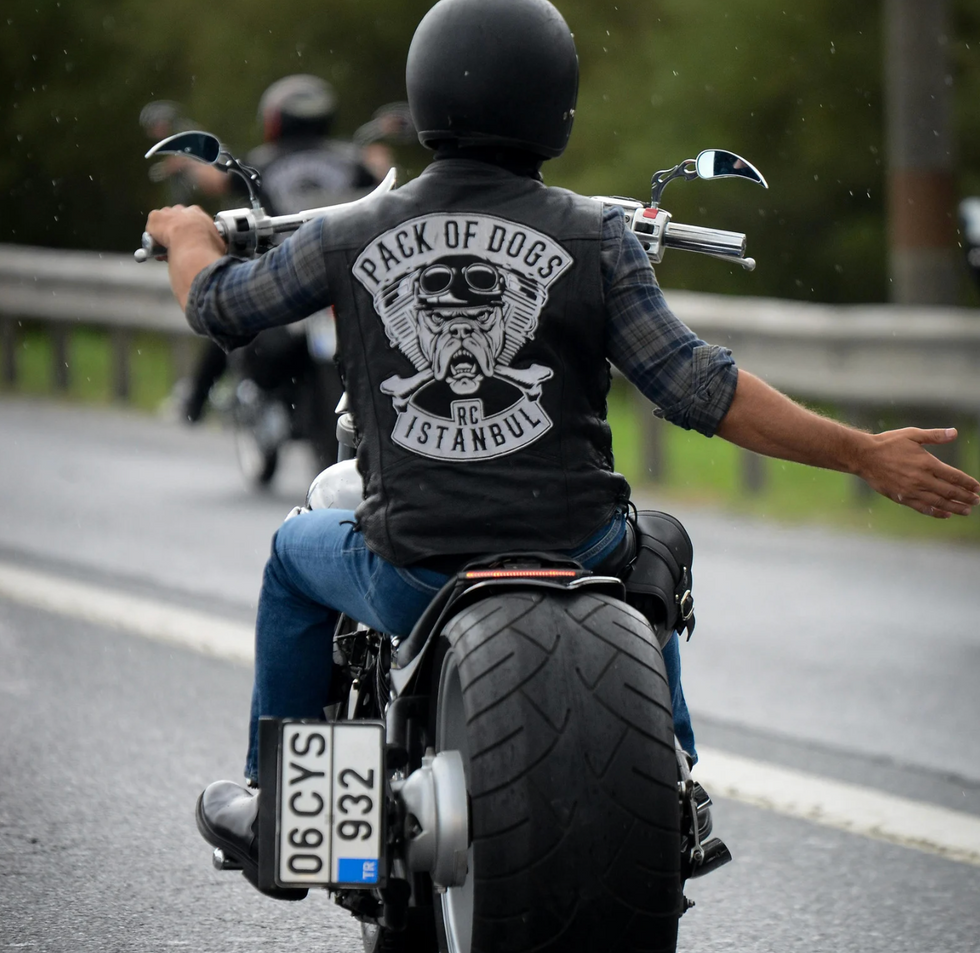 A biker gestures for a car to pass him on the highwayCanva
A biker gestures for a car to pass him on the highwayCanva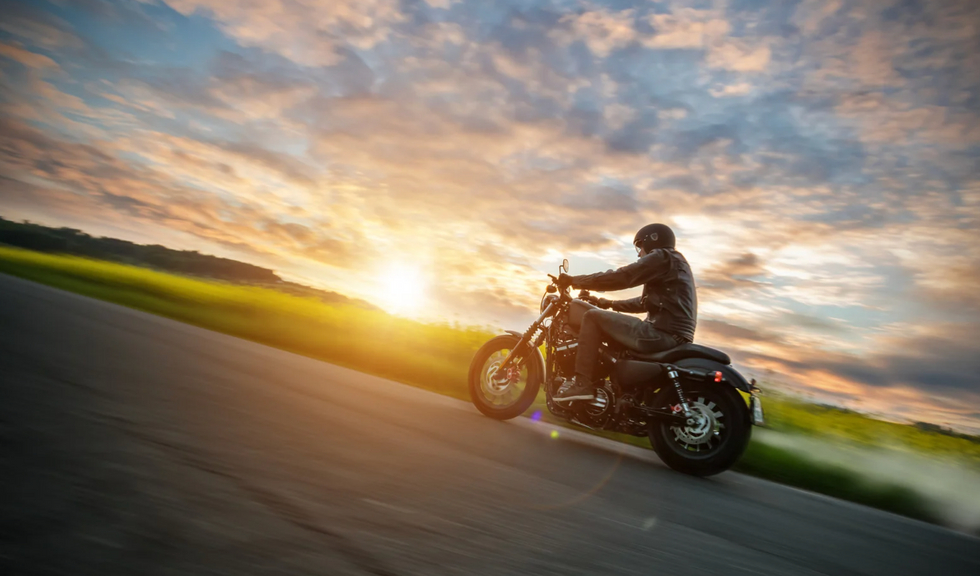 A boker cruising on the road at sunsetCanva
A boker cruising on the road at sunsetCanva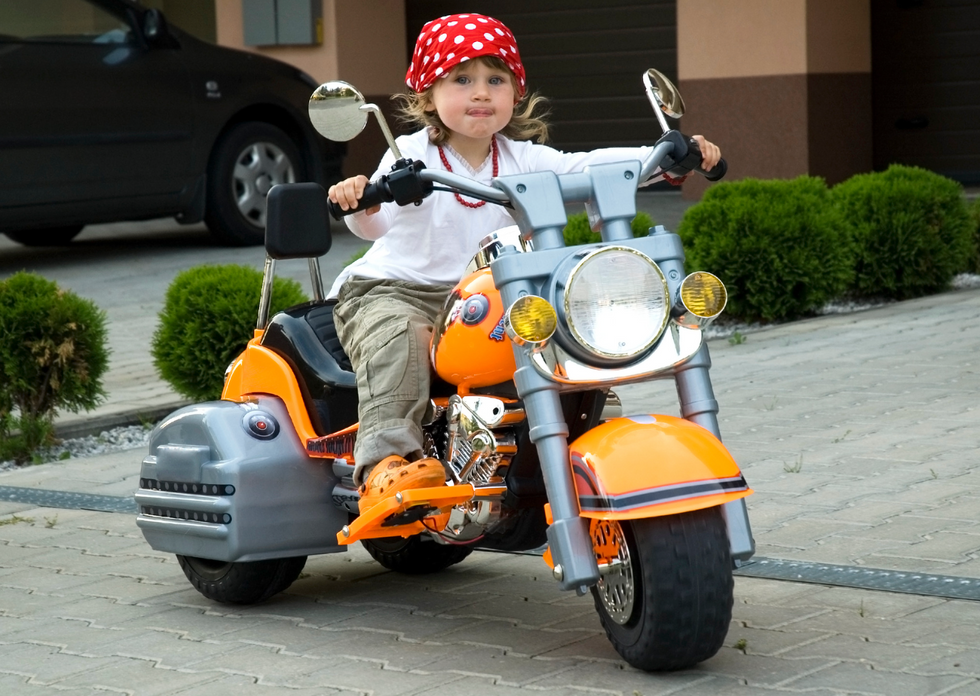 A little girl dressed up as a bikerCanva
A little girl dressed up as a bikerCanva
 Man flirts with female employeeCanva
Man flirts with female employeeCanva Frustrated woman talking to a manCanva
Frustrated woman talking to a manCanva Young man tries to talk to distracted woman at schoolCanva
Young man tries to talk to distracted woman at schoolCanva Upset woman walking away from a manCanva
Upset woman walking away from a manCanva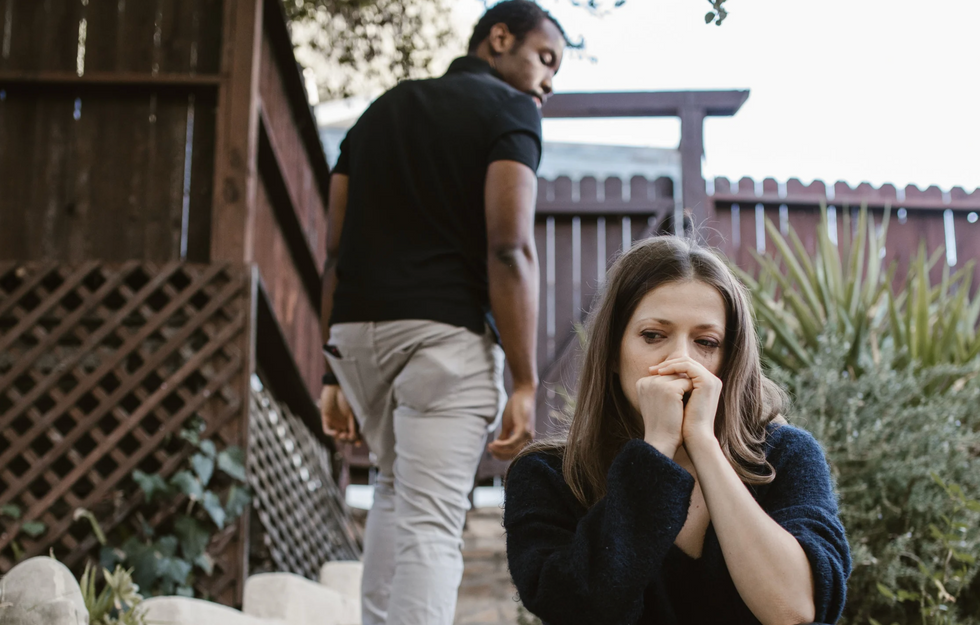 Man walks away from an upset womanCanva
Man walks away from an upset womanCanva Frustrated womanCanva
Frustrated womanCanva Server has hostile interaction with customerCanva
Server has hostile interaction with customerCanva Server being polite to a customerCanva
Server being polite to a customerCanva
 Couple in the middle of a disagreementCanva
Couple in the middle of a disagreementCanva Happy couple watches the sunset togetherCanva
Happy couple watches the sunset togetherCanva A woman kisses her partner on the cheekCanva
A woman kisses her partner on the cheekCanva
 A newborn baby sleepingCanva
A newborn baby sleepingCanva A young mother cradles a newbornCanva
A young mother cradles a newbornCanva Supportive commentTikTok |
Supportive commentTikTok |  Supportive commentTikTok |
Supportive commentTikTok | 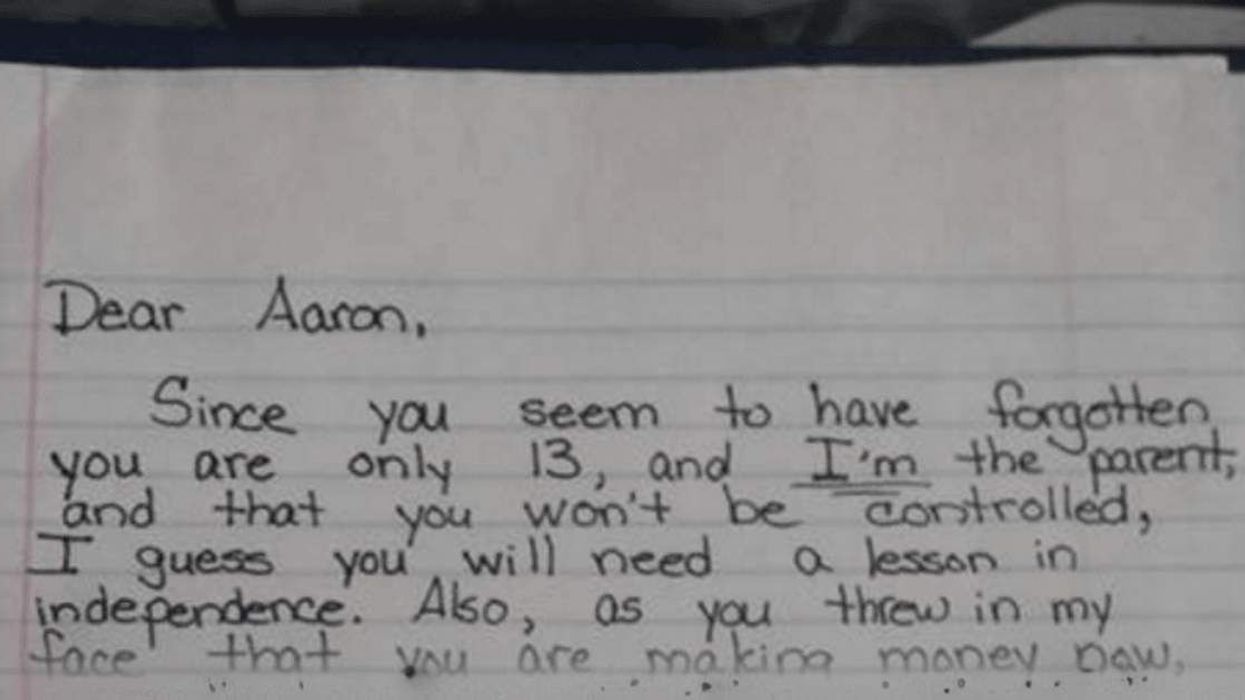
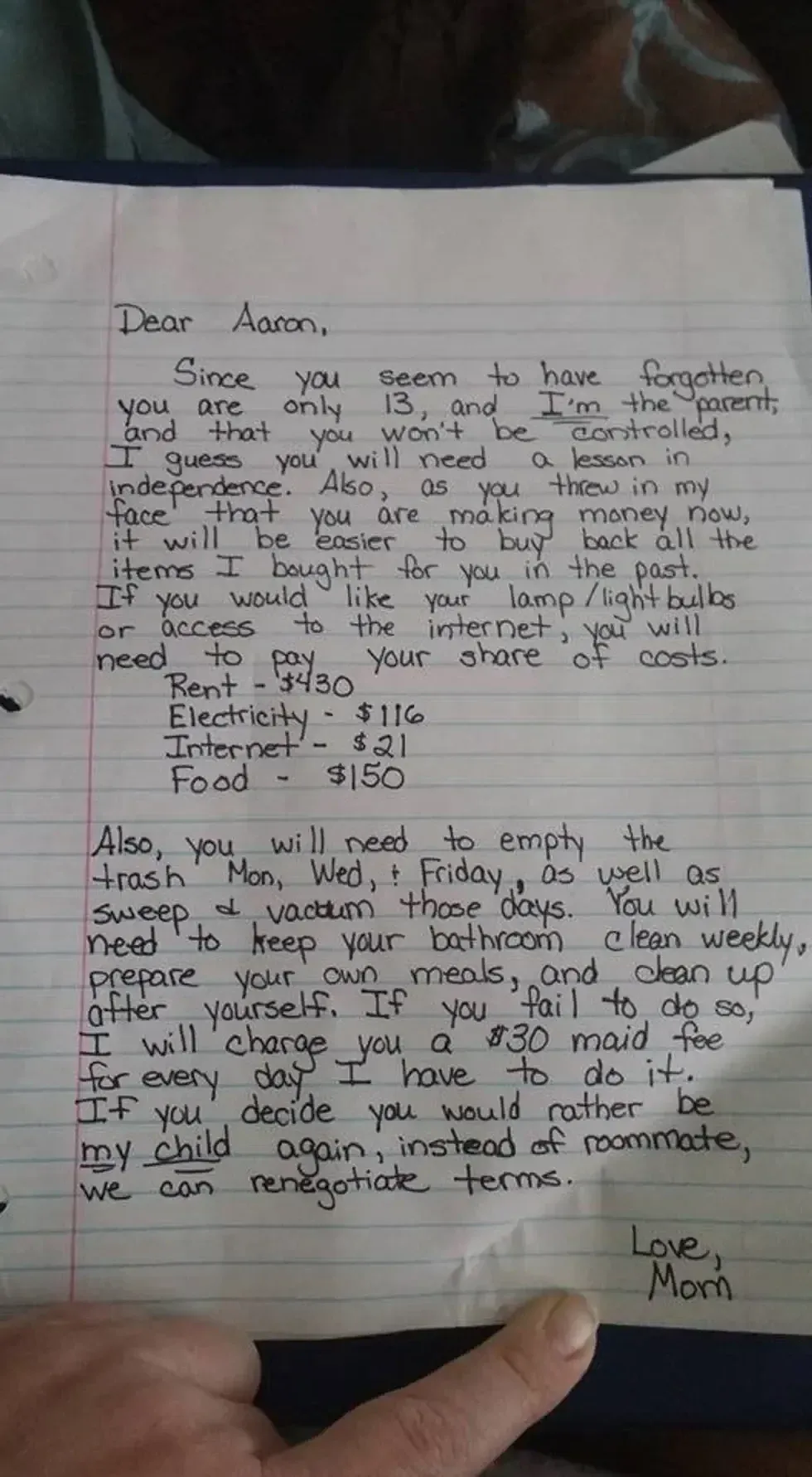 Love, Mom.Photo from Heidi Johnson
Love, Mom.Photo from Heidi Johnson  A teen boy having a hard time.
A teen boy having a hard time. 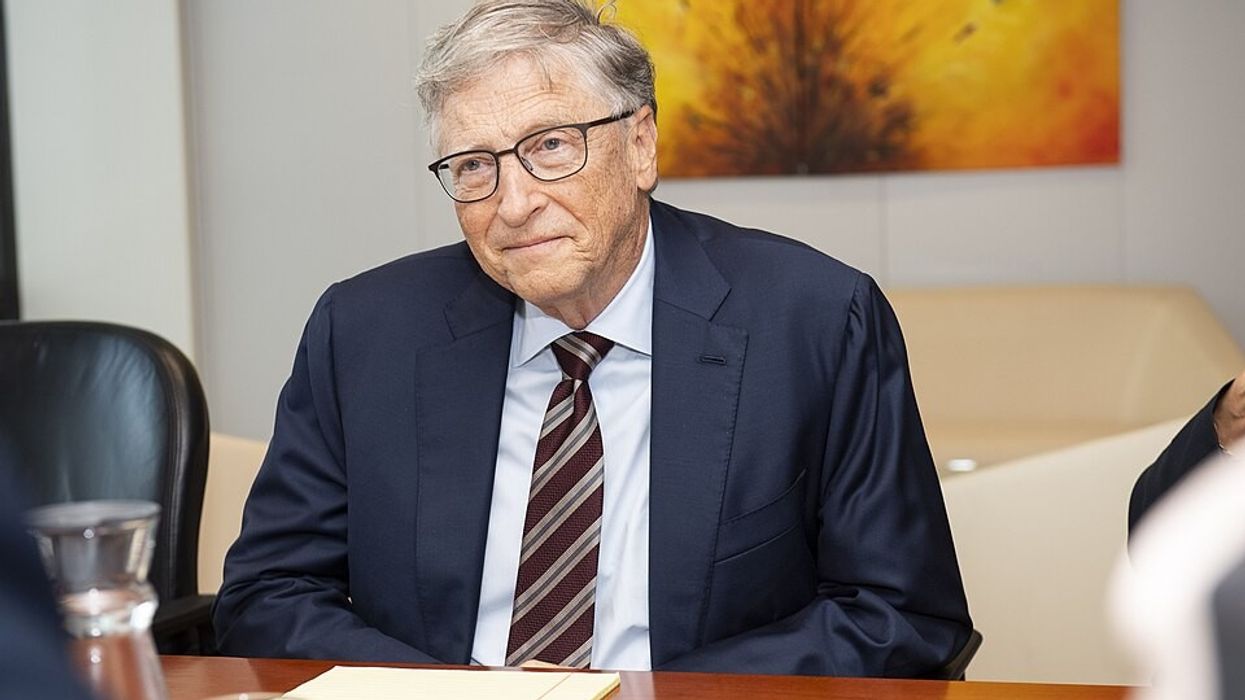
 It's getting harder to resist the temptation but research says it's worth the fight.
It's getting harder to resist the temptation but research says it's worth the fight.  Laws are starting to be proposed that will end or delay kids' phone ownership.
Laws are starting to be proposed that will end or delay kids' phone ownership. 
 Minimalist living spaceCanva
Minimalist living spaceCanva A small pink Murphy bedCanva
A small pink Murphy bedCanva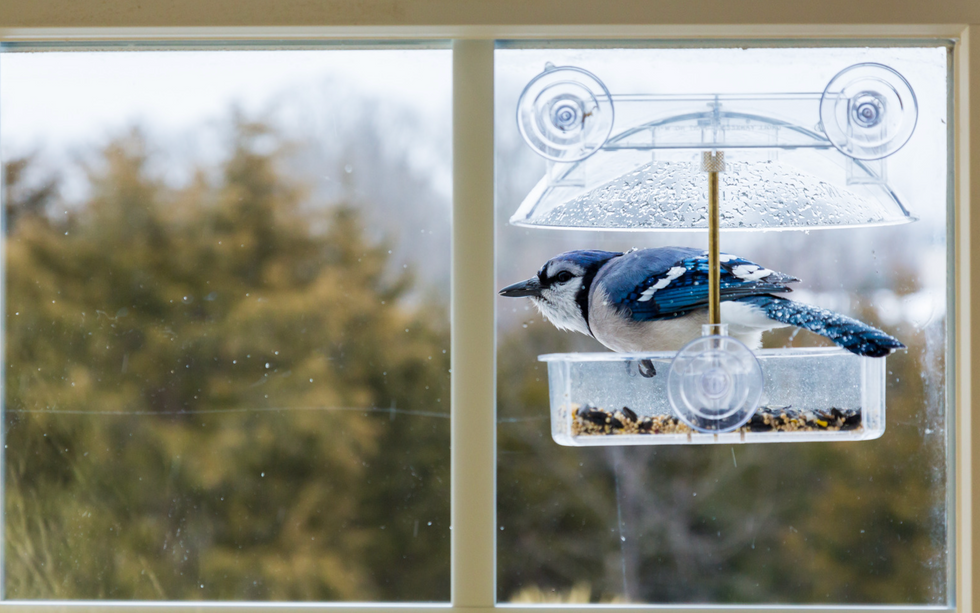 A bird feeder hangs outside a child's bedroom windowCanva
A bird feeder hangs outside a child's bedroom windowCanva